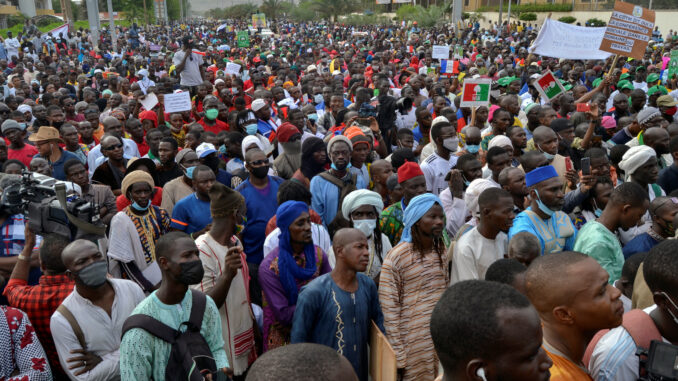
In a troubling development for Mali’s fragile democracy, opposition politicians arrested in a recent government crackdown have been transferred to prisons across the country. This move has drawn sharp criticism from human rights groups, who view it as another setback in a nation where the junta has suspended all political activities.
Eleven opposition figures were detained earlier this month during a private meeting, sparking outrage from Mali’s National Human Rights Commission. The dissidents face serious charges, including conspiracy against the government and breach of public order, though they have yet to face trial.
This crackdown is part of a broader pattern of political repression in Mali. Since February, the junta has dissolved political parties and suspended all political activities, citing the need to maintain public order. The opposition has appealed to the Supreme Court, but the timeline for consideration remains unclear.
The political climate in Mali has become increasingly hostile, with journalists and activists facing threats and disappearances. Many international correspondents have left the country due to restrictions on their work.
Human rights experts warn that the junta’s heavy-handed approach is pushing Mali towards a political impasse. They argue that resolving the country’s complex security crisis requires inclusive dialogue and respect for political pluralism, rather than dogmatic repression.
This escalating crackdown highlights the growing challenges to freedom of expression and political dissent in Mali, raising concerns about the country’s future stability and democratic prospects.
